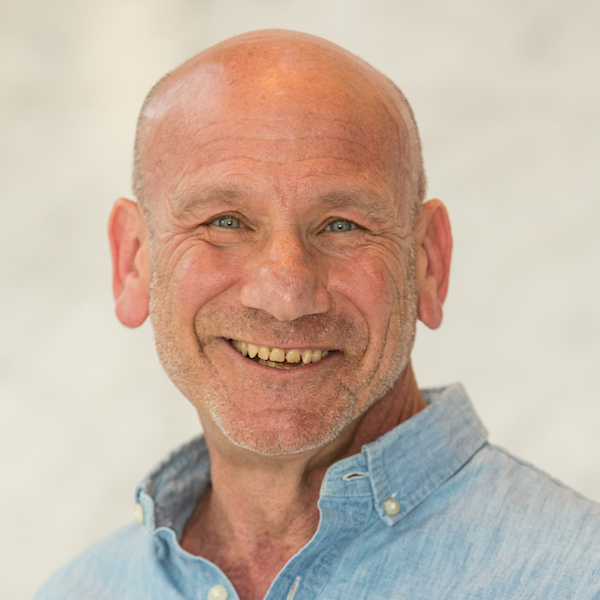Those who tell the stories rule the world, it’s said, but it’s hard to tell a story unless you know the ending.
We don’t yet know the ending of the climate change story. The beginning of the ending, though, happened in Kyoto, Japan in 1997, where delegates from 37 industrialized nations and the European Union agreed to the binding greenhouse gas reductions known as the Kyoto Protocol. This is the best that the people of the world have been able to do so far to prevent our own extinction. Unfortunately, the Kyoto emission cuts didn’t go into force until 2008; Canada, one of the world’s biggest oil producers, wouldn’t sign it; the U.S. didn’t ratify it, nor did Australia, one of the world’s top coal producers; China, India and the rest of the developing world weren’t covered by it; and its limits lasted only until 2012. The result of the treaty was that 20 percent of the growth of atmospheric carbon dioxide since people lived in caves occurred between 2000 and 2011.
When 2012 arrived, the world, meeting in Doha, gave itself an extension until 2020. But because China (now the world’s biggest emitter of greenhouse gases, ahead of the U.S.), India (in third place), Brazil and the developing world were again given a pass, and the U.S., Canada, Japan, New Zealand, Russia, Belarus and Ukraine didn’t sign on, the caps currently in effect cover only 15 percent of the world’s emissions – making way for last year’s news that for the first time since millions of years ago, the concentration of carbon dioxide blanketing the earth had hit 400 parts per million.
So when 2020 rolls around, and the “>say our fate will likely be sealed by 2030: “Another 15 years of failure to limit carbon emissions could make the problem virtually impossible to solve with current technologies.” These coming 15 years of negotiation and enforcement are arguably the most important 15 years in human history. If we want to have a meaningful agreement in place for 2020, a plan that the U.S., Russia, China, India and the rest of the developed and developing world will commit to, and that will actually move us back from the brink, we better move our global ass.
The body that will negotiate the next deal, the United Nations Framework Convention on Climate Change, meets annually. It has given itself until its 2015 meeting in Paris to come up with a plan that’s better than a suicide note. Later this year, there’ll be a UN climate change meeting in Lima, Peru, but Paris 2015 is le grand enchilada, when the world will call its own bluff.
UN Secretary General Ban Ki-moon wants the world to know what’s at stake in Paris. He’s announced a September “>said we’re at a tipping point, calling climate change “perhaps the world’s most fearsome weapon of mass destruction.” Global warming is as threatening as the asteroid that caused the extinction of three-quarters of the plant and animal species on earth 66 million years ago.
I don’t know if apocalyptic warnings about unthinkable human misery are the best way to mobilize the world’s people to pressure their leaders not to make Paris 2015 a joke. Maybe a message of optimism about what we can accomplish – a change of genre from horror to heroism – is a smarter approach. But I do know that if the most creative and committed lovers of this planet don’t use all their genius and all their power to make this present moment count, we’ll have to come up with a better story to tell our grandchildren than the one about how the Koch brothers, ExxonMobil and China were the bad guys who stole their effing futures.






















 More news and opinions than at a Shabbat dinner, right in your inbox.
More news and opinions than at a Shabbat dinner, right in your inbox.